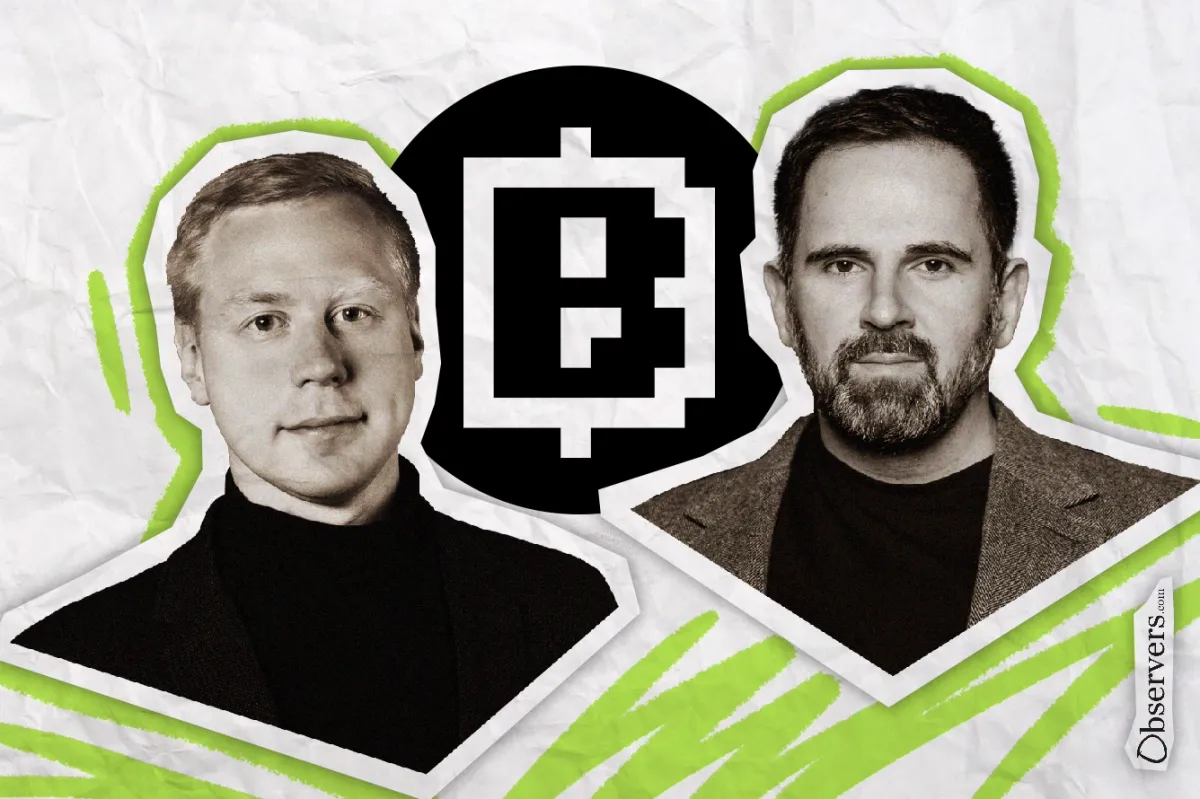
Blum.io, a new crypto exchange project by former Binance members, promises to create a "super simple" decentralized trading platform "for young and brave ones" with all crypto in one app.
Blum offers access to over 30 chains, tokens from both centralized and decentralized exchanges, and simplified derivatives trading. The hybrid model combines an off-chain order book with onchain settlements. Interestingly, the exchange will not hold users’ funds, allowing them to trade directly from third-party crypto wallets or to use multi-party computation wallets, which distribute private keys among multiple parties, thus enhancing security. The platform is expected to enable crypto projects to list their tokens for trading after automated basic checks of the project's technology.
The core team includes CEO Gleb Kostarev, Binance's former VP and Head of Eastern Europe, CIS, and other regions, and CMO Vladimir Smerkis, ex-director of Binance in CIS. The third co-founder and CTO, Vlad Maslyakov, has no connections with Binance but has extensive experience in blockchain technology and finance. His LinkedIn profile shows he works on multiple projects as the CTO. All three are presently located in Dubai. The fourth co-founder and VP of Product Design, hiding behind the @0xGenie nickname, used to be a product design lead at TrustWallet and Binance. According to social media, the founders’ experience and prominence are among Blum.io most attractive features that raise users’ trust.
Binance Lab selected Blum for its ten-week accelerator program in March, helping to enhance the platform's infrastructure and security. Although speculation was rife that Binance might invest in the project post-acceleration, no announcement has been made. It is possible that Binance might find the project's connection with Russia too risky to invest in, especially after ceasing its business operations there. Reportedly, the founders were in talks to raise funds from external investments three months ago, but no further details have been disclosed since then.
Right now, interaction with the Blum ecosystem is available via the Telegram bot. Blum's Telegram mini-app, which allows farming Blum Point, was launched this April, and although access is currently invite-only, the app is expected to go public soon. Apparently, it faced some lags due to high activity after the number of invites per user was increased to ten.
The app’s popularity significantly increased after the Blum Drop game and daily rewards were introduced on May 20 when the app onboarded around eight million users within ten days. It now boasts approximately 15 million users. To farm Points, users must enter the app every eight hours, return daily for rewards, play the game, and perform tasks. Smerkis recently revealed that the team is preparing to launch 'Quests' with rewards in points and teases the “possibility to earn something else real.” The hope is that Quests will promote friendly projects and influencers.
According to the project’s roadmap, the mobile and web versions will appear by the end of 2024. In Q2 and Q3, the mini-app functionality will be significantly expanded with new features. Within the next few weeks, the platform will launch ‘Memepad,’ a section where other projects can promote their services to the Blum audience. These project tokens' incentives will be allocated via tasks and games. Consequently, the app interface will be updated with the ‘Balances’ feature and the possibility to withdraw coins to third-party wallets.
The points currently have no utility, but it is stated that they will be used within the app. We suggest that the points might later be converted into the platform’s native token, making the current gamified interaction a token distribution mechanism similar to the one used by the Notcoin project.
When it comes to further growth and marketing, the project makes a bid on the community. Currently, it is possible to become either Blumie, an enthusiastic volunteer who helps to create a better user experience and supports other users, or Blumbassador, an influencer who spreads project news and onboards new users. The team promises to provide these roles with exclusive insider information, direct communication with developers and founders, and various in-app incentives such as bonuses and boosts. Blumies will also receive preferences for new job positions.
Simple mini-games on Telegram appear to be a new trend this year. Following Notcoin's success, many similar projects, such as Hamster, MemeFi, and Pixelverse, have emerged. These projects allow users to farm tokens in a gamified mode with no investment required. These projects rapidly attract new users with simple techniques, possible significant gains, and an anti-FOMO approach. However, they will eventually need to offer viable and valuable products to sustain their tokens' value.
Blum stands out because it is more ‘justified.’ While other projects may attempt to create “something from nothing,” Blum’s team is clear and transparent about its plans and goals. The project leverages popular gamified techniques and current trends to attract users but aims to develop a genuine product behind the ‘tap-to-earn’ facade, with the potential to become both an MLM platform and a real, functional exchange.

